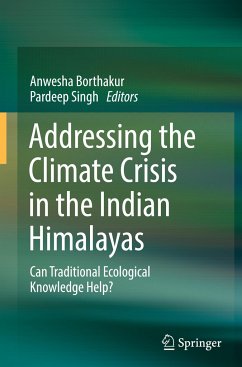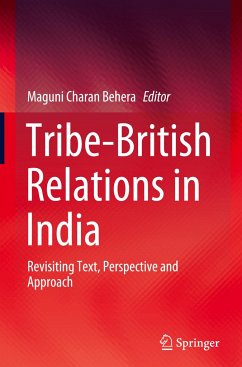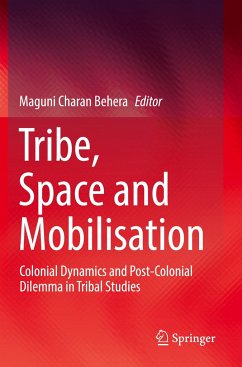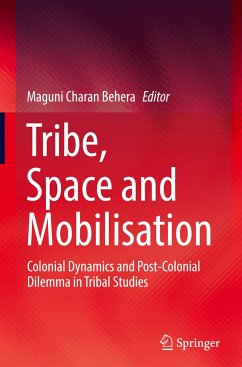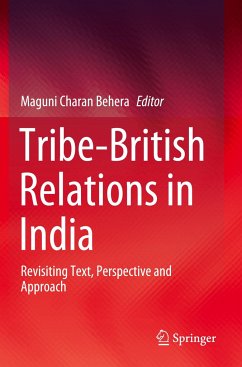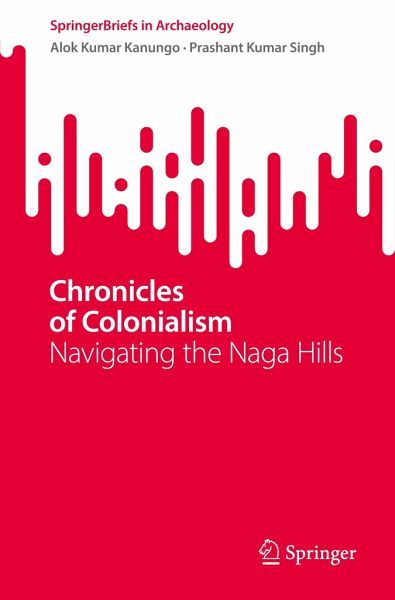
Chronicles of Colonialism
Navigating the Naga Hills

PAYBACK Punkte
19 °P sammeln!
This book offers fresh perspectives on the legacy of colonialism in the North-east frontiers of India, especially the Naga Hills. The book interrogates the presence of British administrators and anthropologists in the Naga Hills as part of a popular discourse on (post) colonialism. It weaves a coherent chronological sequence of events and the prevailing attitudes of administrators-cum-anthropologists to understand the whole process of colonial intervention in the Naga Hills. It examines the conventional notions of 'tribes' and 'identity' within the context of the Naga Hills. It explores the tr...
This book offers fresh perspectives on the legacy of colonialism in the North-east frontiers of India, especially the Naga Hills. The book interrogates the presence of British administrators and anthropologists in the Naga Hills as part of a popular discourse on (post) colonialism. It weaves a coherent chronological sequence of events and the prevailing attitudes of administrators-cum-anthropologists to understand the whole process of colonial intervention in the Naga Hills. It examines the conventional notions of 'tribes' and 'identity' within the context of the Naga Hills. It explores the transformation of Naga Hills through the lens of colonialism, providing a critical perspective on identity and the intricate web of historical narratives. It is a must-read for scholars, anthropologists, historians, and all those intrigued by the multifaceted legacy of colonialism in the Naga Hills.




